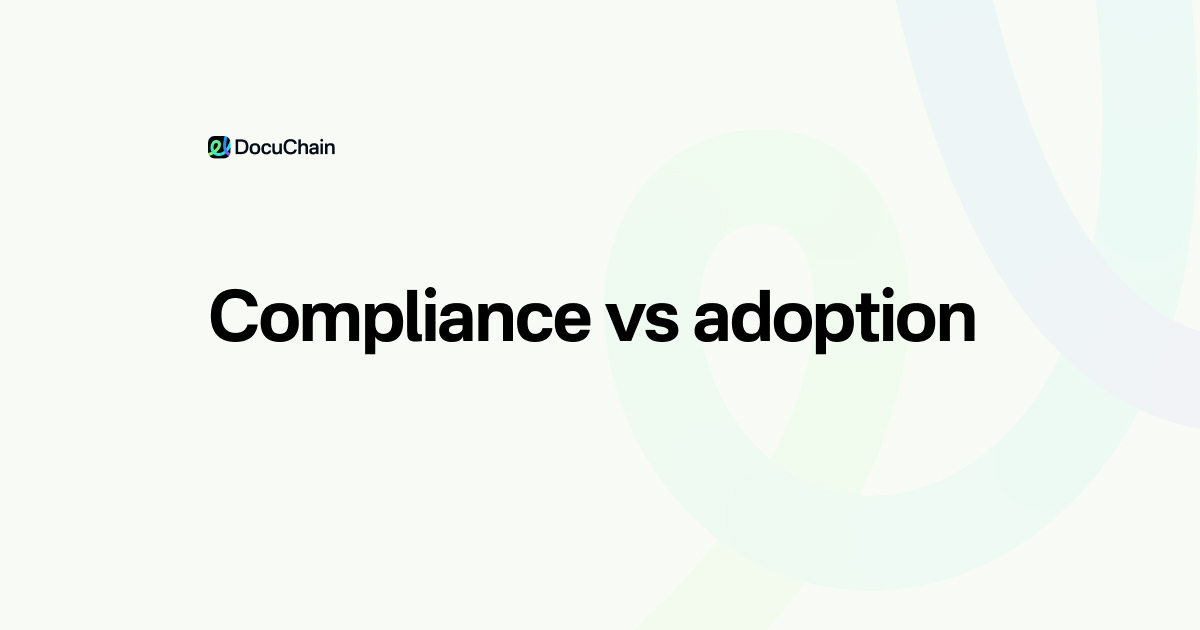
Real legal gap
Small and mid-sized businesses often question whether digital signatures hold up in court.
In the US, the ESIGN Act and UETA (adopted in 49 states) grant electronic signatures the same legal standing as handwritten ones—if there’s clear intent, consent, audit trail and a link to the signer’s identity.
In the EU, eIDAS defines three tiers: simple, advanced (AES), and qualified (QES). QES requires certified devices or smartcards and carries the same legal weight as a handwritten signature.

What firms miss
Many small companies go with simple eSignatures—no MFA, no logs—thinking it’s enough. But when documents are industry‑sensitive (finance, healthcare, government), that approach often fails to pass muster.
Contracts fall through, customers lose trust, and legal doubts may arise.
Audit trails save agreements
A robust audit trail is essential. It records who signed, when, where, how they authenticated (SMS, biometrics), with timestamps and IP addresses.
Courts have accepted these logs as legitimate proof. And in regulated industries, audit logs are often mandatory.

UX vs compliance
Lightweight remote eSign tools are user‑friendly and quick, but may not meet cross-border or high-risk requirements. AES demands identity verification.
QES adds hardware devices and certification. A recent study confirmed a clear trade‑off: token‑based signatures feel more secure, while remote eSignatures win in usability.
Balanced approach
Use simple eSignature for internal documents. Choose AES when external or regulated engagement is involved. Use QES only for high-stakes or cross-border agreements.
Make sure your eSignature tool supports MFA, logs audit trails and keeps signed documents accessible and secure.
DocuChain already handles this balance—simple yet compliant, with secure audit logs, MFA options and seamless remote signing tailored to your jurisdiction and use case.

Create Digital Signature


Tap in area to upload your document
Drop your file or click to upload your document.















